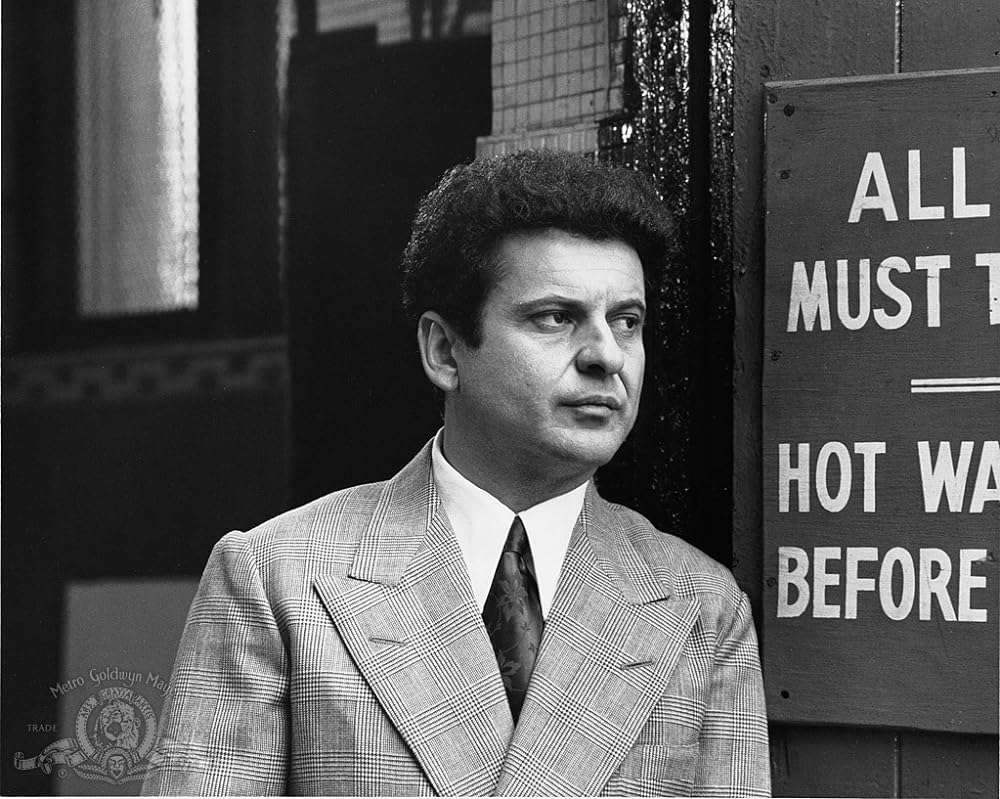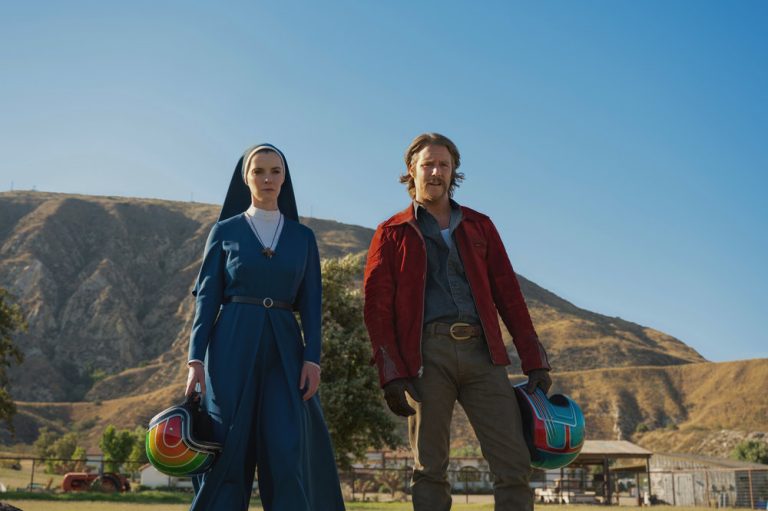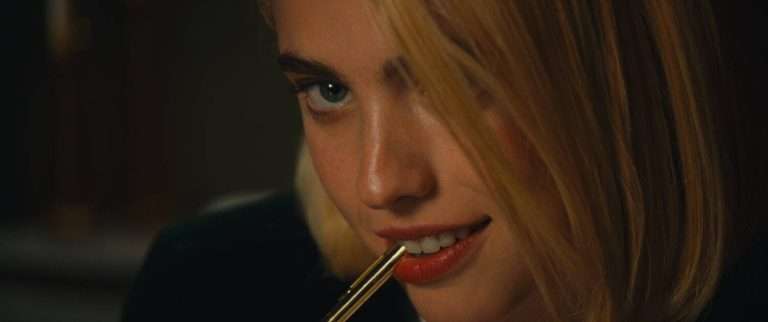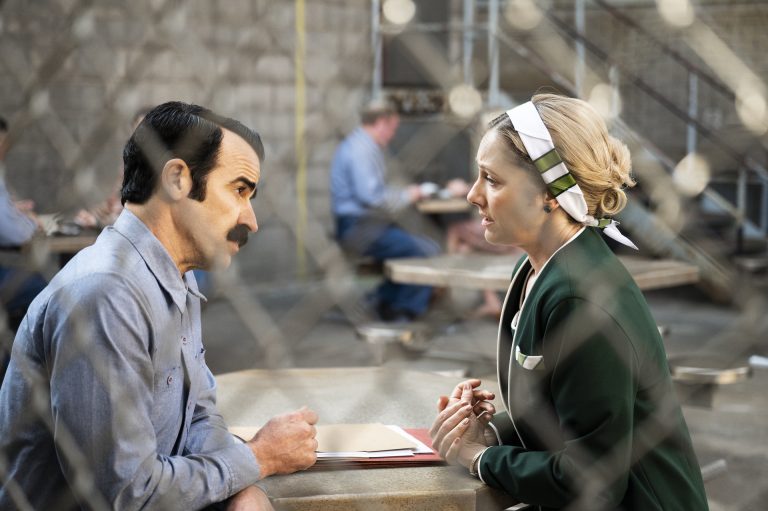“The Bronx Bull” or “Raging Bull” was an American professional boxer named Jake LaMotta, the world middleweight champion between 1949 and 1951. He was labeled as the “Raging bull” of the boxing ring because of his incredible bard style of fighting, as he could endure the punishments due to his thick skull and jaw muscles. He possessed an indomitable spirit in defeating his opponents, and no blow could ever knock him down. His stalking and brawling inside the fighting ring earned him a rank among the ten greatest middleweights of all time and inducted him into the International Boxing Hall of Fame in the inaugural class of 1990.
Martin Scorsese’s “Raging Bull,” starring Robert De Niro in the lead role, is an adaptation of Jake LaMotta’s 1970 memoir “Raging Bull: My Story”. The film depicts Jake LaMotta’s career trajectory, his zenith, and nadir in his professional and personal life. Jake LaMotta can be termed a tragic hero of modern times because no matter what wrong he did, he was also wronged, and we could sympathize with him after a certain point in the narrative. If LaMotta is the tragic hero, then his hamartia is his incurable rage and jealousy that leads to his downfall. This flaw of LaMotta can be traced back to another tragic hero well-known in the history of World Literature, i.e., William Shakespeare’s Othello.
Othello and Jake LaMotta
Othello was a Moorish general in the Venetian army who secretly married Desdemona, the daughter of a senator named Brabantio. Desdemona’s father never accepted their marriage because of Othello’s race. Despite being a General, Othello was othered at every step by white officers like Iago, who was a part of his army. Like Othello, LaMotta was marginalized when he refused to take the help of the Mafia to win the middleweight title after he suffered his first loss to Jimmy Reeves in 1941. LaMotta, an unhappily married man, eventually fell in love with a fifteen-year-old girl named Vickie, whom he met at a swimming pool in his Bronx neighborhood and later married in 1945.
Othello and Jake LaMotta were extremely over-possessive men who considered their wives their possessions and curbed their freedom. They subjugated their wives, who, according to them, should owe unwavering allegiance to them. The minute they tried to break free from their husband’s chauvinistic traits, they were subjected to physical and emotional torment. The conspirators like Iago and Roderigo, who wanted to taint Othello’s glory, took advantage of his vice, which is his envious nature, and entrapped him in their conspiracy. Whereas Jake LaMotta was a victim of his own psyche, which made him insecure and revealed the jealousy he harbored.

Desdemona and Vickie were gorgeous women, making their husbands insecure. While Iago and Roderigo implant Desdemona’s handkerchief that Othello gifted her in Cassio’s lodgings (Cassio, an aristocrat whom Othello adored) to evoke Othello’s suspicion towards Desdemona’s fidelity, Jake LaMotta inhumanely beats his wife, Vickie, every time he assumes that she was having an affair.
Desdemona and Vickie endured all the injustice inflicted upon them by their husbands out of their love for them. Yet, this selfless love unfortunately could never satiate their husband’s ravenous nature. Desdemona didn’t even look at any man other than Othello in her entire life. In contrast, Vickie, if she ever looked at a man, indulged in any conversation with them, or welcomed them with a kiss out of friendly gesture and courtesy, bore the brunt of his suspicion and possessiveness.
Othello, after the sinister persuasion of Iago, enraged and hurt, finally confronts the sleeping Desdemona, and even though she denies being unfaithful – which is the truth – Othello kills her. On the other hand, LaMotta’s monomania regarding his wife’s infidelity grew so intense that he accused his own brother, Joey (Joe Pesci), of sleeping with his wife, Vickie. Joey is Jake LaMotta’s only confidant and true friend without his support, he wouldn’t have won any title and wouldn’t have sustained as a boxing professional, but this unpardonable accusation severs the bond between the brothers. The void of his brother’s absence, the only person who could calm LaMotta’s rage and guide him toward success, led to the decline of his career.
Eventually, LaMotta lost his title to Sugar Ray Robinson in their final encounter in 1951. When Othello and LaMotta realized what they had done, the consequences of their actions by that time were irreparable and fatal. While Othello died by suicide after Lodovico apprehended him and Iago for the murders of Roderigo, Emilia, and Desdemona, LaMotta retired from boxing and ran a nightclub in Miami. He was engaged in debauchery during that phase of his life and was shortly divorced by his wife, who took full custody of his children.
At one point, LaMotta was even arrested for granting underage girls entry into his club. There’s this sequence in Miami jail where Jake cries out in despair during his imprisonment, “Why! Why! Why!” punching the walls of his cell. He wants to reverse his actions and the decisions of his life, and it’s precisely at this moment we empathize with Jake LaMotta’s misery because we have all made mistakes and paid for them at some point or the other in our lives.
For Othello and Jake LaMotta, an ideal woman was equivalent to the Virgin Mary, who was supposed to be pure until they got hitched to them. After that, they relegated the woman as their favorite plaything and shunned them from the outside world. They both loved their wives in their own demented ways, but what made them tragic heroes was their comprehension of the gravity of their misdeeds, which caused excruciating pain to their loved ones.
Although Othello never gave himself a chance for repentance, LaMotta offered himself a second chance and chose the career of a stand-up comedian for the rest of his life. LaMotta’s utterances, which rhymed when he prepared himself for his performances backstage, were very similar to the monologues of Shakespearean tragic heroes – “I remember those cheers, they still ring in my ears… So give me a stage where this bull here can rage, and though I can fight, I’d much rather recite…”
LaMotta and Othello were powerful men who were revered for their valor. Yet, both of them were mere pawns in the hands of their own insurmountable rage, suspicion, and envy that unleashed chaos in both of their lives, ultimately leading to their downfall.





![Castro [2009]: A Hilariously Absurd Existential Comedy](https://79468c92.delivery.rocketcdn.me/wp-content/uploads/2017/09/Castro-1-1-768x429.jpeg)
